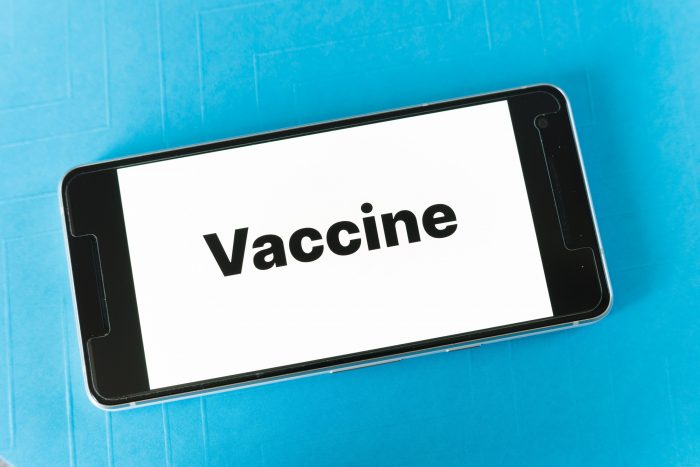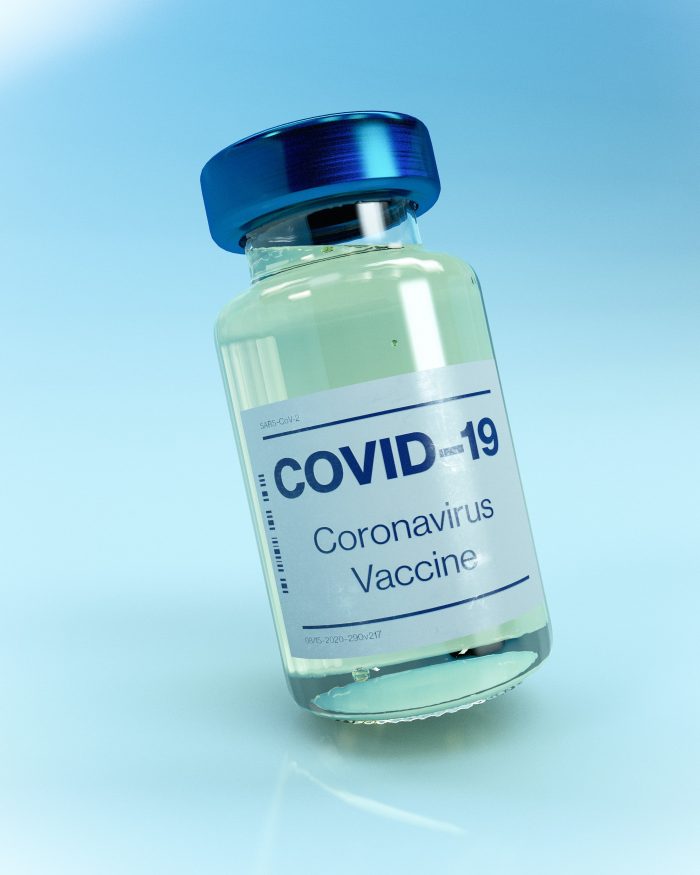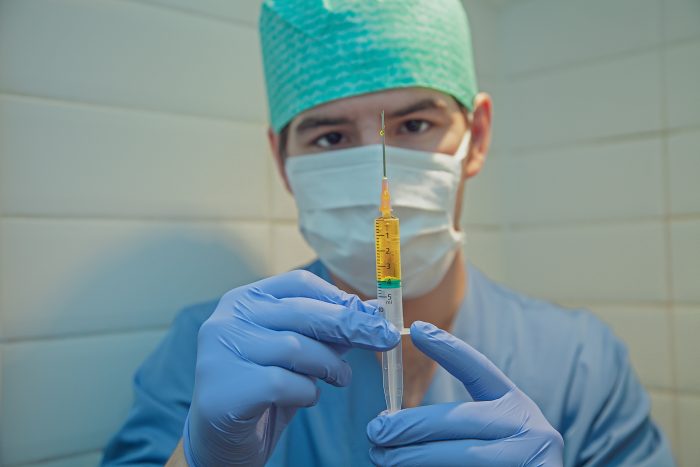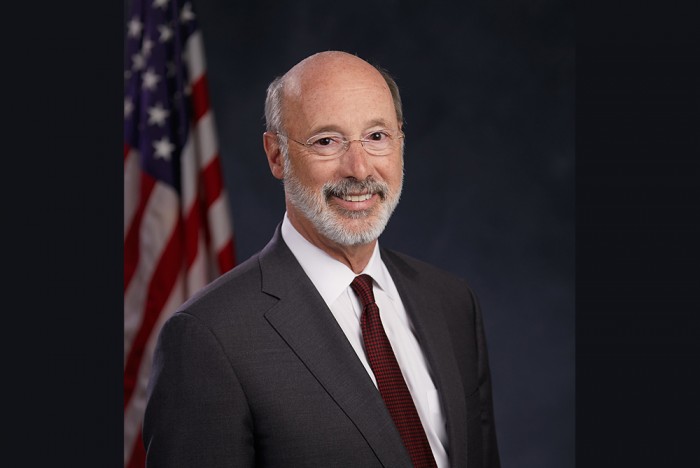Good afternoon,
As you are likely aware, last week, the Food and Drug Administration (FDA) issued an emergency authorization for the first COVID-19 vaccine. Yesterday, the Centers for Disease Control and Prevention (CDC) approved its use. The below message went out from the Pennsylvania Department of Health (DOH) earlier today; it details Pennsylvania’s current COVID-19 vaccination plan and a request for feedback.
“In recent weeks, the Department of Health has significantly ramped up efforts to prepare for a safe and efficacious vaccine rollout for Pennsylvania. During this preparation, DOH has assembled the Pennsylvania COVID-19 Interim Vaccination Plan. Please note that this is an iterative plan that will be ever evolving as we continue to learn more through our channels of partnership with the federal government. This interim plan is provided as guidance for distribution and administration of the COVID-19 vaccine throughout 66 of the 67 counties in the Commonwealth of Pennsylvania; it is provided by DOH and its public and private partners. Philadelphia County will receive independent federal funding and is establishing its own COVID-19 vaccination administration plan; however, the department will continue to communicate and cooperate with the public health officials of Philadelphia. The goal of this interim COVID-19 vaccination plan is to provide a transparent strategy to vaccinate all Pennsylvanians who want to be vaccinated so that they can return to everyday activities as quickly and safely as possible.
“Feedback is welcomed and essential throughout our continued administration-wide coordination and collaboration to drive a successful vaccine rollout. The administration is working to create a process and defined space where all stakeholders can send their comments and concerns.
“COVID-19 has changed the way Pennsylvanians connect and support one another. This virus does not discriminate, and what this virus has shown is how interconnected we all are. You all play significant roles in keeping Pennsylvanians safe and healthy. Our vision at the Pennsylvania Department of Health is a healthy Pennsylvania for all, and we remain laser-focused on this goal.”
The Department of Human Services (DHS) would like to be sure that you are aware of this interim plan and that you are able to provide feedback relevant to your work and the people you serve. As mentioned in DOH’s message, the administration is developing a process and centralized location for receiving ongoing stakeholder feedback. When that becomes available, we will share it, but for now, we want you to have the current plan so that you can review it. Additional updates and information will be shared as they become available.
We have reached an important milestone in our fight against COVID-19. The availability of a vaccine and the start of this process will require continued collaboration and partnership, but I am confident that this is a process through which we will navigate and succeed together. While I have hope, we must also remember that we are experiencing an incredibly difficult surge in Pennsylvania, and, as a nation, we are approaching 300,000 deaths. The vaccine will be a critical defense for our most vulnerable, our frontline workers, and, eventually, the general public. For now, we must continue to closely follow mitigation guidelines on masking, distancing, and limiting trips and contact outside the home.
Thank you for all you do. We look forward to working with you as we move forward in this critically important process.
Teresa Miller, Secretary of the Department of Human Services


















